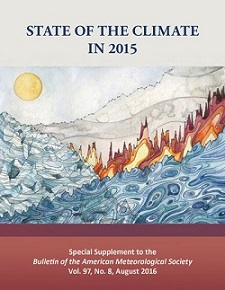I’m not planning to do posts on the upcoming election apart from link posts if I see anything interesting and/or important. The post on the Murdoch’s intervention started out as a link post, but then I warmed to the task. While this space is open I’d like to explore a theme that came from a comment in reaction to the LNP ‘solution’ to the asylum seeker ‘problem’. I can’t find it now, but someone asked, “What have we become?”
Moreover, what will we become? We have a choice, and in our response to the stranger in need who has chosen us, we either grow or diminish ourselves.
The task is ambitious and I’m not academically equipped for it. I’m not speaking as a philosopher or a sociologist, just “someone who is trying to sort out his ideas”, so the results may be modest. Some of the posts may not appear to be directly on the topic, but I hope all will fit together in the long run.
 Meanwhile I’ll try to keep some information flowing on climate change. Both these projects may be of more use than any contribution I can make to an election here in Oz. This time CC will be free flow rather than numbered items, to save time. I’ll use bold to identify the topics.
Meanwhile I’ll try to keep some information flowing on climate change. Both these projects may be of more use than any contribution I can make to an election here in Oz. This time CC will be free flow rather than numbered items, to save time. I’ll use bold to identify the topics.
Arctic ice is losing its reflective sheen. We all know that ice reflects more incoming radiation from the sun than does open water. Now by analysing 30 years of satellite data scientists have found that albedo of the ice itself at the end of the summer is about 15% weaker today than it was 30 years ago.
The cause of the darkening is
partly due to thinning ice and the formation of open water fissures, and partly because in the warmer air, ponds of liquid water form on the surface of the ice. The shallow ponds on the ice can dramatically reduce reflectivity and increase the amount of solar radiation that the ice absorbs.
Continue reading Climate clippings 82 →


 Meanwhile I’ll try to keep some information flowing on climate change. Both these projects may be of more use than any contribution I can make to an election here in Oz. This time CC will be free flow rather than numbered items, to save time. I’ll use bold to identify the topics.
Meanwhile I’ll try to keep some information flowing on climate change. Both these projects may be of more use than any contribution I can make to an election here in Oz. This time CC will be free flow rather than numbered items, to save time. I’ll use bold to identify the topics.